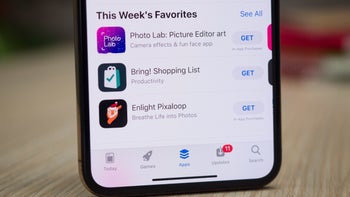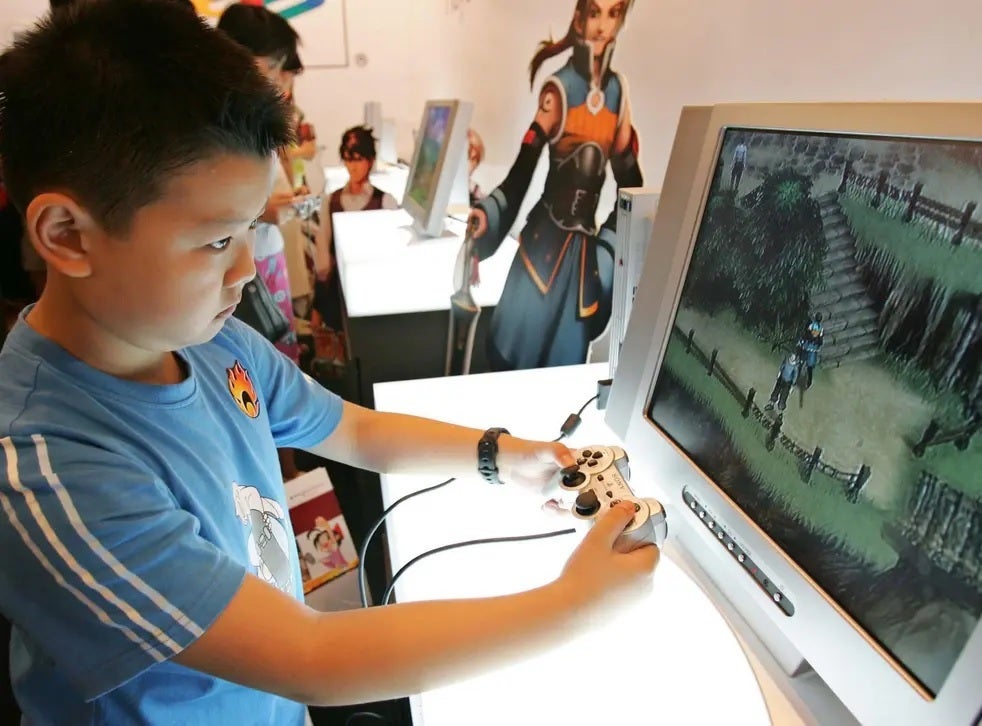China's move to fight video game addiction will hurt Apple and Google in their pocketbooks

If you love playing mobile video games, China is not the place to be. At the end of last month, the country issued new Draconian rules that severely limit the amount of playing time that kids and those under 18 can spend each week playing video games. The new rules announced by China’s National Press and Publication Administration limit video gameplay by those under 18 to one hour per day between 8 p.m. and 9 p.m. weekends and legal holidays.
Seeking to stop teen video game addiction in the country, China stops licensing new games for the App Store and Google Play Store
This is a huge reduction from the previous rules that were out in place back in 2019 which allowed those under 18 to play video games for an hour on most days. Niko Partners senior analyst Daniel Ahmad said, "There are over 110 million minors that play video games in China today, and we expect the new limits to lead to a decline in the number of players and a reduction in the amount of time and money spent in game by those under 18."

China stops licensing video games temporarily in order to fight teen video game addiction
A publication related to the state ran an article with a headline referring to video games as "opium." This comment was later removed and the article revised. Niko's Ahmad says that there are 720 million gamers in China with 110 million under the age of 18. "Gaming addiction has affected studies and normal life…and many parents have become miserable," the National Press and Publication Administration said in a statement.
Today, the South China Morning Post reported that China has stopped handing out licenses to video games so that they can be listed online. This includes games available on the App Store. Regulators made the decision to stop issuing the necessary licenses. According to AppleInsider, sources who were briefed on the meeting said, "everything is on hold." One source said that regulators halted licensing video games because they felt that approval of new games had been "a bit too aggressive" during the first half of this year.
While the move is believed to be temporary, one source says that the plan is to keep the new rules in place "for a while." China is hoping to reduce video game addiction in the country and the state believes that cutting the number of available new games will help it achieve its goal. Another source stated that there were discussions related to delaying the issuance of licenses for video games so that China could undergo "a smooth and successful deployment" of its plans to reduce video game addiction.
A previous licensing ban in China reduced App Store and Play Store revenue
From March 2018 to December 2018, China refused to issue any video gaming license. And again, last month, the country refrained from awarding a license to any video game. While the previous ban on video games lasted 9 months, there has been no time frame announced for the current ban.
China requires video game developers to have a license issued by the Chinese government. While Android-based app stores like the Google Play Store started checking for the license in 2016, the App Store didn't require that developers had the license until last year.
When the country stopped issuing video games licenses for most of 2018, there was some financial impact on App Store earnings according to Apple CEO Tim Cook and CFO Luca Maestri. The executives commented again when China had resumed licensing games and said at the time that the company was having fewer issues with App Store revenue. While Apple and Google will see a decline in revenue for their iOS and Android storefronts respectively, Chinese video game companies like Tencent and NetEase will also be affected financially by China's crackdown on video game addiction.
Chinese state-run media have not yet disseminated the news about the country's latest efforts to keep teens away from what the Chinese see as a highly addictive pastime.










Things that are NOT allowed: